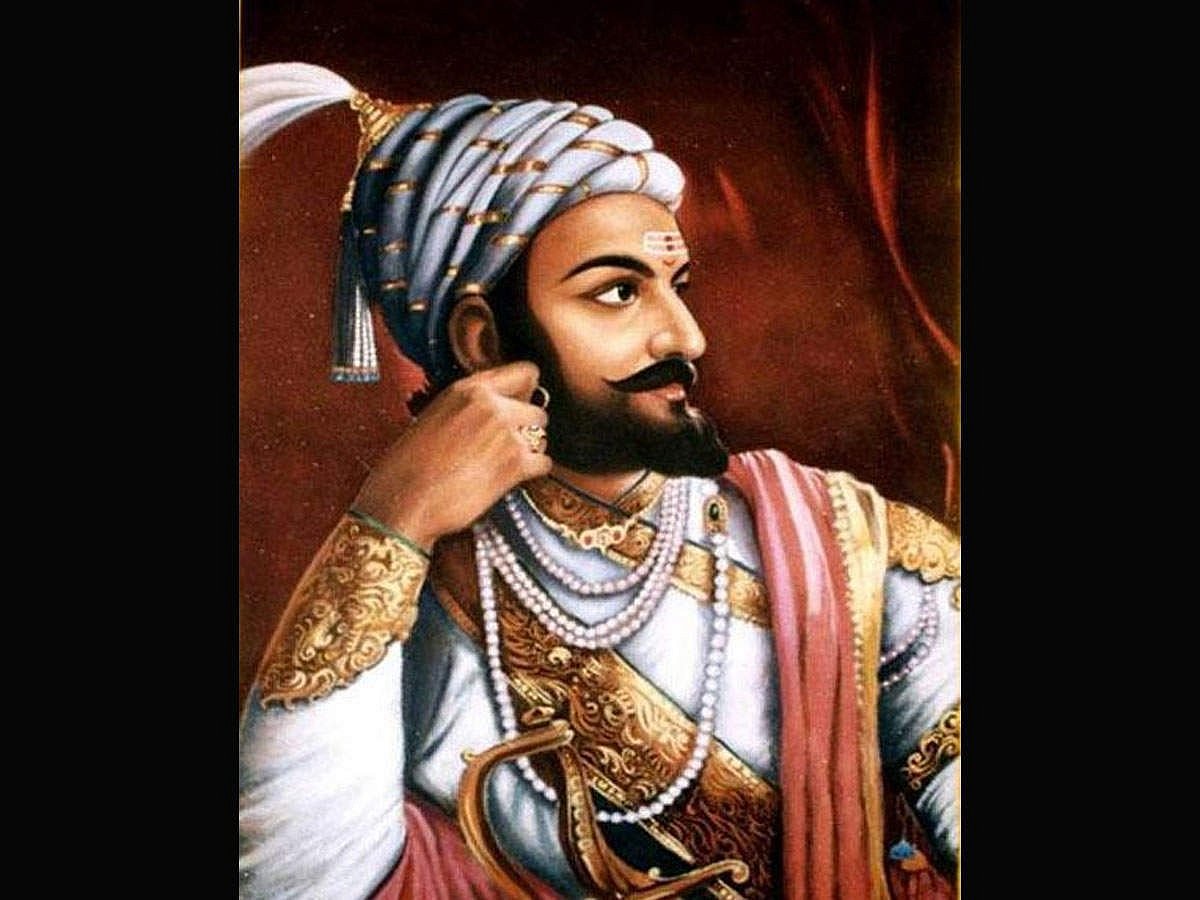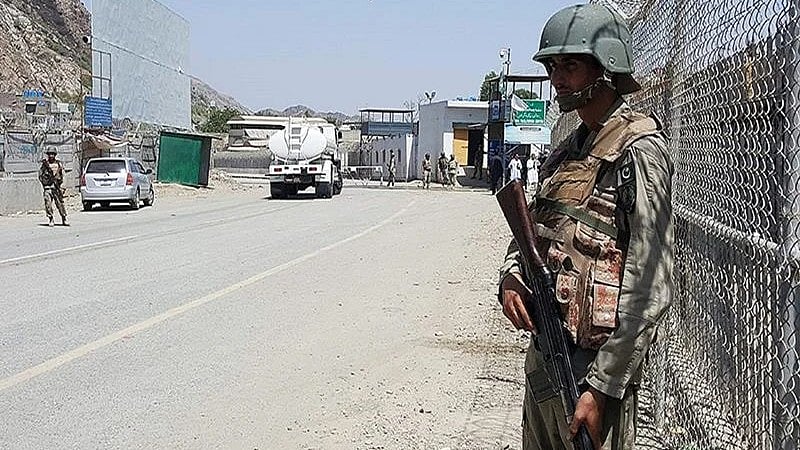“Roots are important for the unnamed. Named ones have roots spread across the universe.”
-Alex Haley, ‘Roots’
“Thackeray does not know history. Shivaji’s forefather Belliyappa was from Soratur in Gadag district in Karnataka. When there was drought in Gadag, Belliyappa left for Maharashtra. Shivaji was the fourth generation of the family. Thackeray should remember that Chhatrapati Shivaji Maharaj, whom the Shiv Sena perceives as its icon and named its party after him, was a Kannadiga,” Karnataka Deputy Chief Minister Govind Karjol told reporters recently.
Before getting into a rather silly debate over Shivaji’s provincial identity, it would be advisable to mention the roots of the French statesman and emperor Napoleon Bonaparte, to contextualise this new political row over Shivaji’s belonging. When Napoleon was born in Corsica, the Mediterranean island to the north of Sardinia in 1769, Corsica was a disputed French-Italian colony, just like Belagavi is still in the epicentre of a tug of war between Maharashtra and Karnataka. Napoleon spoke Italian before speaking French and his French remained comparatively weak all through his life. In fact, he was an outsider to France but today, he’s its national icon and hardly anyone talks of his Italian roots.
Global vision
Nobel laureate Sir V S Naipaul wrote in his perceptive book, ‘The Enigma of Arrival’ (1987) that more than a 150 years ago, his ancestors went to French Guyana and Trinidad in the Caribbean, from an insignificant village in Bihar. He had his schooling in Trinidad and from there, he went to Oxford on a scholarship and became a British citizen. “I’m neither an Indian, nor a West Indian (using a restricted cricketing identity), not even a Brit...perhaps I happen to be a Brit... Why should roots bother a person with a global vision?” He concluded one of the sections in the book with this statement.
The great Polish composer Chopin was born in Poland but mostly lived in France and composed his best compositions in France. Today. He’s equally venerated in both the countries, nay across the world where music is listened and played sans geographical boundaries and demarcations.
The greatest mystic Jalaluddin Rumi Balkhi was born in Balkh in Afghanistan, which borders on Eastern Persia. He wrote his initial poems in Pashto, but mostly in Pahlavi-Farsi in Khorasan and Nishapur and breathed his last in Konya in Turkey on December 17, 1273. Allama Iqbal got the chronological history of Rumi’s ancestry, which had roots in India’s Kashmir and Pakistan-occupied Kashmir, where Rumi’s great-great grandfather embraced Islam from Hinduism. Now look at the journey: Kashmir of the subcontinent, from there Balkh in Afghanistan, then Isfahan, Nishapur, Khorasan and finally Konya in Turkey! Do we care for his geographical footprint? What’s most important to the world is the great mystic’s most sublime poetry that collectively moves mankind.
Belong to the universe
Even Iqbal’s Sapru Brahmin forefathers were from Kashmir. Though he died in Pakistan, he still has a poetic hold over both the countries. Remember the immortal words of Rumi, which are so germane to this context: Nee az zameen, nee az dar, nee az dahleez.......mee mufeez kaaynaat choon ast (No land, no home, no threshold, I belong to the universe).
Hindi’s most radical poet, Gajanan Madhav ‘Muktibodh’ was a Maharashtrian by birth, who lived in Gwalior and studied at Nagpur. So was the great Hindi novelist Prabhakar Machvay, who hailed from Maharashtra but called himself a Hindibhashi (Hindi-speaking) from Central India, precisely from Gwalior.
The point is: Why do Shivaji’s roots matter now? The great Indian historian, Sir Jadunath Sarkar, wrote in his book ‘The House of Shivaji’ that instead of viewing Shivaji through the narrow prism of Rajasthan (as there’s a theory that his ancestors belonged to the Sisodia dynasty of Mewar and Udaipur), Bijapur (Karnataka), Raigad (Konkan-Maharashtra) or Surat (Gujarat), one must look at the greatness of the man and the valour of a warrior who successfully challenged the invincibility of the Mughals.’
Very true. Reappropriation and relocation of Shivaji for political gains is indeed deplorable. Though genealogically he was a Maratha, but because of his vision of akhand bhoomi (mind you, there was no stupid rashtra at that time), he belongs to the whole nation. Those who swear by Shivaji and at the same time talk about the nation and nationalism, must understand that a hero or an icon shouldn’t be bound by geographical restrictions. Till now, Shivaji has been an icon in Maharashtra to the people of Maharashtra. In fact, it would be best if all states in India own him as their very own, sans any bickering and political foul play! The most important question still remains though: When will we rise above petty issues of provinces, languages, state icons and their statues?
The writer is an advanced research scholar of Semitic languages, civilisations and cultures.










